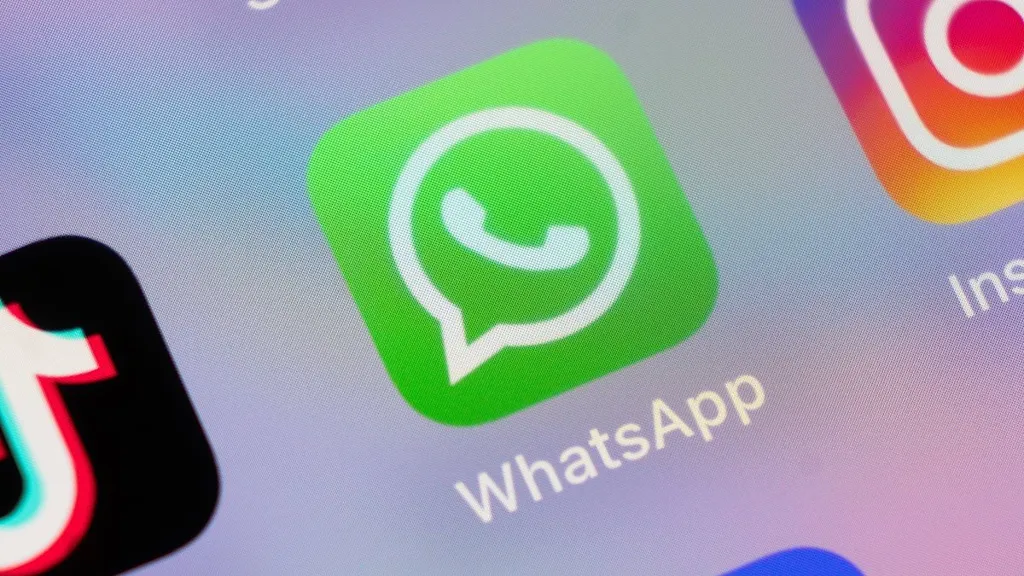With their overabundance of colourful, eye-catching apps, it comes as little surprise that we spend a quarter of our waking lives on our smartphones.
You may not have noticed that these little icons—fetchingly arranged in grid-like stacks on our displays—are constantly competing for taps.
"Popular apps, from WhatsApp to X, Instagram and Spotify have been deliberately designed to draw our fingers to them," psychologists reveal.
For example, WhatsApp, Instagram and Messenger are made to look like buttons, which research shows we love pressing right from childhood. Meanwhile, Elon Musk's X has a big X marking the spot, like a helicopter landing pad for our fingertip. Spotify kind of has the appearance of a fingerprint reader and YouTube has the play icon right in the centre—both instinctively luring taps.
Dr Anastasia Dedyukhina said engaging icons make us "more likely to tap and use the app".
'Overall shapes like circles or rounded edges make app icons feel like buttons,' she told MailOnline. 'Facebook's rounded "F" looks like a button; Amazon's smiley arrow feels friendly; Instagram’s camera icon reminds people of old Polaroid cameras.'
"Smartphone apps are designed in such a way to grab attention," said Dr Daria J Kuss.
Dr Jay Olson noted that changing app icons "can definitely influence behaviour".
X marks the spot: Changing Twitter’s bird icon to an X may have been deliberate to make it more clickable. Research suggests we enjoy pushing buttons from childhood due to pleasurable tactile sensations gained from touch.
Professor Rachel Plotnick thinks buttons "encourage consumerism" and are ubiquitous from an early age.
'Social media is generally designed around a "buttonization" mentality,' Professor Plotnick explained. 'We tap buttons for products or rides; press emojis or thumbs for feelings; click buttons for forms or jobs.' Historically associated with pleasure and rapid communication, button-pushing fuels consumerism according to one expert.
'Anything done with "just the push of a button" is perceived as easy and desirable,' she added. 'This might make it difficult to stop using platforms even when needing a break.'
A recent study revealed Britons spend four hours daily on phones—a quarter of waking lives—with women spending slightly more time online than men. A 2022 study linked compulsive smartphone use with burnout—a state of exhaustion caused by long-term stress.
